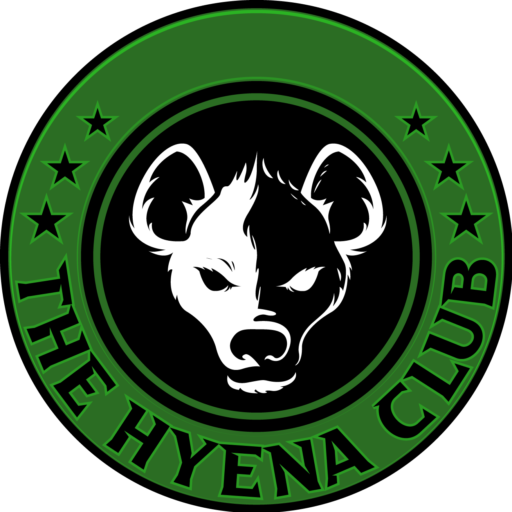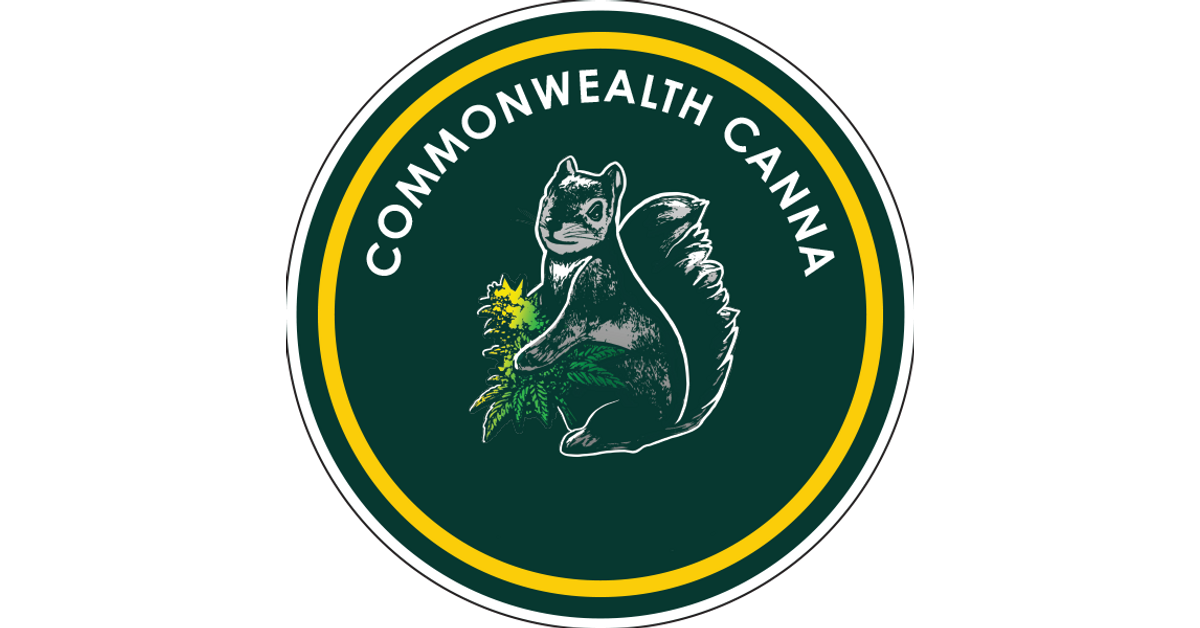In a bid to protect its brand, the company Canna has been aggressively defending its trademark on the word “Canna.” However, the company faces a significant challenge: the term “Canna” is widely recognized as a common-use word, making it difficult to monopolize its usage across industries.
The Trademark Dispute
Canna, which operates in the agricultural and cannabis-related industries, has pursued legal action against various businesses using the term “Canna” in their names or branding. Their argument is based on preventing consumer confusion and maintaining brand distinctiveness. However, their enforcement efforts have drawn criticism from businesses and legal experts who argue that “Canna” is a widely recognized generic term, especially in relation to cannabis and horticulture.
Why “Canna” is a Common Use Word
The word “Canna” has multiple meanings and applications that extend beyond a single brand. Historically, it refers to the Canna plant, a tropical flowering species unrelated to cannabis. Additionally, “Canna” is commonly used as an abbreviation for cannabis, a broad and well-known term in both legal and informal contexts. Many businesses naturally incorporate “Canna” in their names to signify their connection to the cannabis industry, making exclusive trademark enforcement highly controversial.
The Apple Comparison
A similar issue exists with brands like Apple. While Apple Inc. has successfully trademarked “Apple” in the technology sector, other industries—such as food and music—can still use the name without infringement. For example, Apple Records, the music label founded by The Beatles, coexists with Apple Inc. due to their different industry focuses. Likewise, numerous grocery stores and organic brands use “Apple” without conflict. This case underscores that while trademarks protect brand identity, they cannot grant total ownership of a common word across all sectors.
The Legal Precedent
Trademark law is designed to prevent consumer confusion, not to give companies complete control over widely used words. Courts often rule against broad claims over generic or descriptive terms, especially when they are used in a relevant, descriptive manner.
For example, a coffee shop called “Canna Café” would have a strong case for using the word “Canna” because it clearly describes a connection to cannabis products, rather than infringing on Canna’s specific branding. Similarly, companies involved in cannabis cultivation, accessories, or wellness products argue that their use of “Canna” is fair and necessary to communicate their business focus.
The Ongoing Battle
As Canna continues its legal battles, the case highlights the broader discussion about the limits of trademark protection. While businesses have a right to protect their brand identity, attempts to control a widely used word can be met with legal challenges and public resistance.
The outcome of Canna’s enforcement efforts will likely set a precedent for future trademark disputes involving common words. For now, businesses using “Canna” in good faith remain vigilant, defending their right to use language that naturally describes their industry and products.
https://www.cohnlg.com/how-to-cancel-a-trademark-application/
If your company has been threatened with legal action by Canna, you are not alone. Many businesses have faced similar challenges, and it’s important to stand together against unfair trademark claims. The Hyena Club is here to help—offering support, resources, and connections to others in the same situation. Don’t let legal intimidation stifle your business. Contact The Hyena Club today and join a network dedicated to defending your right to operate freely.




